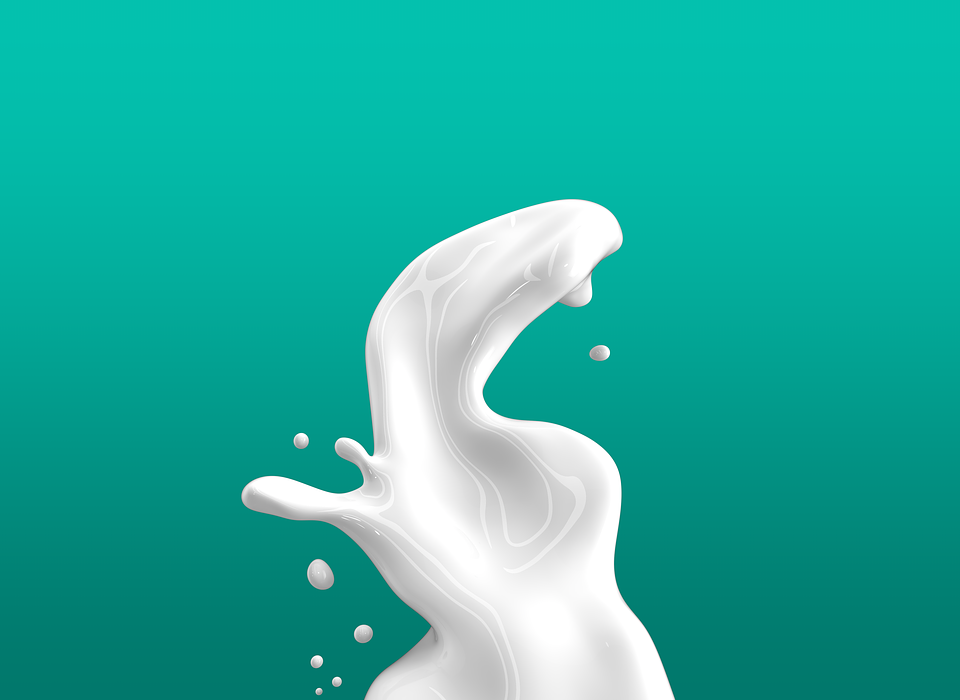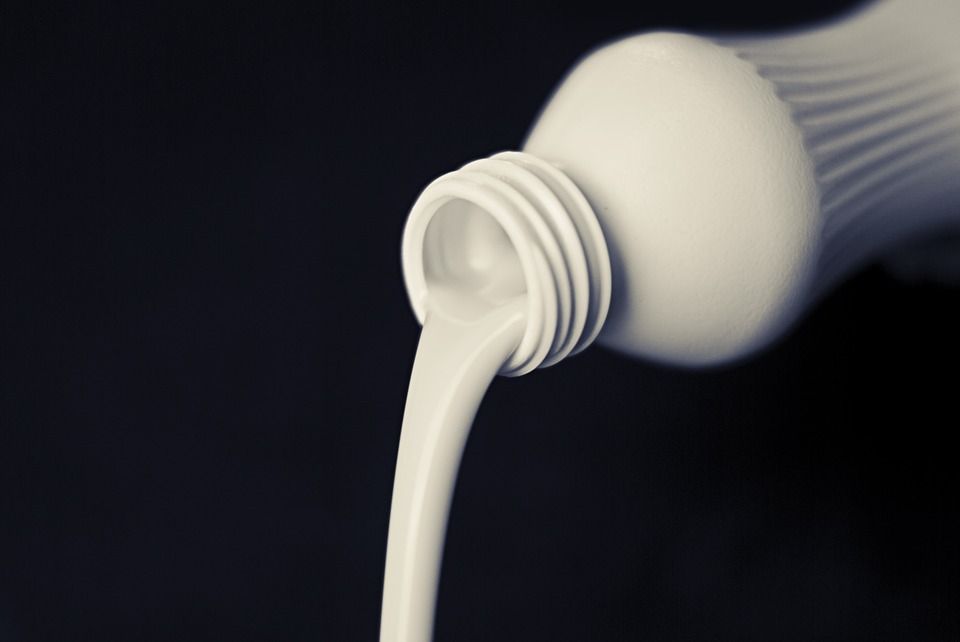6.1. Can I give my dog milk every day?

While a small amount of milk occasionally may be fine for some dogs, it's not recommended to make milk a regular part of your dog's diet. It's best to stick to their regular food and consult your vet for any dietary modifications.
6.2. Can puppies drink milk?

Puppies often have higher lactase levels than adult dogs, but this can vary depending on the breed and individual dog. It's generally best to stick to commercially available puppy milk substitutes or consult your vet about appropriate options. Mother's milk is the ideal nourishment for newborn puppies.
6.3. What if my dog is lactose intolerant?

If your dog is lactose intolerant, you can avoid giving them cow's milk and opt for lactose-free milk, goat milk, or dog milk substitutes. You can also choose dog foods that contain added calcium and other essential nutrients.
6.4. What are the signs of a milk allergy?
Symptoms of a milk allergy are similar to lactose intolerance, but they may be more severe and include skin irritation, itching, swelling, and potential respiratory issues. If you suspect your dog has a milk allergy, it's crucial to consult your vet immediately.
6.5. Is it safe to give my dog chocolate milk?
Chocolate is toxic to dogs and should never be given to them. Even a small amount of chocolate can cause severe health problems, including vomiting, diarrhoea, and even death. Theobromine, a compound found in chocolate, is metabolized differently in dogs, leading to toxicity.
6.6. Can I give my dog yoghurt?
Yoghurt is a fermented dairy product that may be easier for some dogs to digest than milk. This is because the fermentation process reduces the lactose content. However, it's still important to start with small amounts and monitor your dog for any signs of intolerance. Choose plain, unsweetened yogurt to avoid added sugars.
6.7. What are some other dairy products dogs can eat?
While milk and yoghurt might be a little risky for dogs, there are other dairy products that can be consumed in moderation:
- Cheese: Some dogs can tolerate small amounts of hard cheese, like cheddar or parmesan, as long as they're lactose intolerant.
- Butter: A small amount of butter can be a good source of fat for dogs, but it's best to use it sparingly.
- Whey protein: Whey protein is a popular supplement for dogs, but it's important to choose a dog-specific whey protein and consult your vet before introducing it.
In conclusion, while dogs may enjoy the taste of milk, it's important to consider the potential risks of lactose intolerance and nutritional imbalances. By understanding your dog's individual needs and consulting your veterinarian, you can make informed decisions about their diet and ensure their health and wellbeing.
Everyone is watching
-

Can Dogs Eat Bananas? A Guide to Safe Treats
DOGS & PUPPIESThis comprehensive guide will delve into the world of canine nutrition, focusing on the popular question: can ...
-

Can Dogs Eat Oranges? (Is It Safe or Toxic?)
DOGS & PUPPIESThis article delves into the question of whether dogs can safely consume oranges. We'll explore the nutrition...
-

Can Dogs Eat Grapes? The Shocking Truth About This Fruit
DOGS & PUPPIESThis article delves into the controversial topic of grapes and dogs, exploring the potential dangers associate...
-

Why Do Dogs Eat Poop? Understanding Coprophagia in Dogs
DOGS & PUPPIESThis article delves into the perplexing phenomenon of coprophagia, the act of eating faeces, in dogs. We explo...
-

Can Dogs Eat Shrimp? A Guide to Safety and Risks
DOGS & PUPPIESThis comprehensive guide dives into the world of shrimp and dogs, exploring the potential benefits and risks a...
